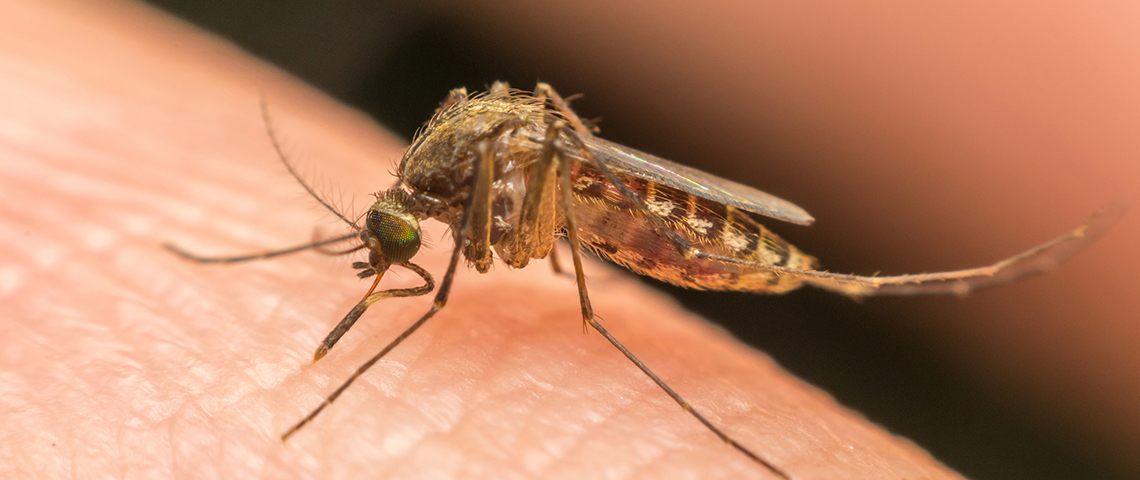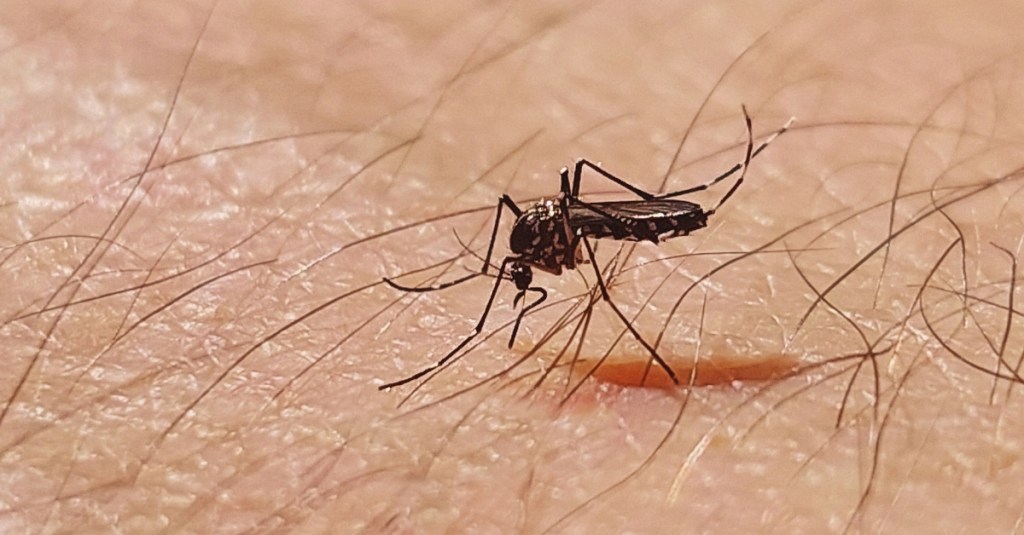Mosquito-Borne Diseases: The New Global Health Challenge in 2025


Although tiny, the impact of mosquitoes on global health is monumental. Indeed, they carry some of the most fatal diseases globally, from dengue and malaria to the comparatively new and fast-rising menace of chikungunya. The last 30 days have witnessed health authorities raise the alarm as mosquito-borne diseases spiralled in tourist destinations across Europe, Asia, and the Americas.
This mounting worry is not just a numbers game; it’s a symbol of the way our world is changing. Climate change, urbanization, and global travel are all fueling this silent epidemic.
Why Mosquito-Borne Diseases Are On the Rise
In order to understand the urgency, one must look at the why behind the rise:
Climate Change – Rising temperatures allow mosquitoes to flourish in places previously thought to be safe.
Urbanization – Crowded cities breed in standing water.
World Travel – International tourism allows viruses to move freely across borders.
Bad Public Perception – The majority of people continue to underestimate the threat of mosquito bites.
As a result, previously “mosquito-free” regions are enduring surprise outbreaks.

The “Suitcase Virus” Phenomenon
In more recent history, scientists have also used “suitcase viruses” to describe infection that tourists unwittingly transport from one location to another. So, tourists returning from vacation destinations in Southern Europe have been found to contract mosquito-borne diseases that were historically only seen in tropical regions.
So, what used to be a regional health issue is now an international issue.
Most Common Mosquito-Borne Diseases in 2025
Dengue Fever – Is marked by sudden high fevers, joint pain, and rashes.
Chikungunya – Causes debilitating joint pain and exhaustion; recent outbreaks are spreading rapidly.
West Nile Virus – Usually asymptomatic but can cause neurological complications.
Malaria – Always present, with new resistant strains being a cause for concern.
All of these infections have various symptoms, but all share one similarity: prevention is simpler than cure.
Prevention: Staying Safe When Traveling
In an effort to reduce risks, authorities suggest a multi-level approach:
Use mosquito repellents containing DEET or picaridin.
Put on long sleeves and light-colored clothes to reduce exposure.
Utilize insecticide-treated bed nets where high-risk is at issue.
Eliminate standing water around homes.
Additionally, travelers should always check health advisories to determine what outbreaks are happening during travel time.
Looking Ahead
Even as diseases carried by mosquitoes spread, cooperation and awareness among nations can reverse the trend. Public health officials are investing in new vaccines, cutting-edge mosquito-control strategies, and AI-powered outbreak tracking.
Ultimately, battling mosquitoes is not just a public health endeavor; it’s personal. As long as we remain vigilant and informed, we can protect ourselves—and others—against the world’s smallest but most lethal enemy.





